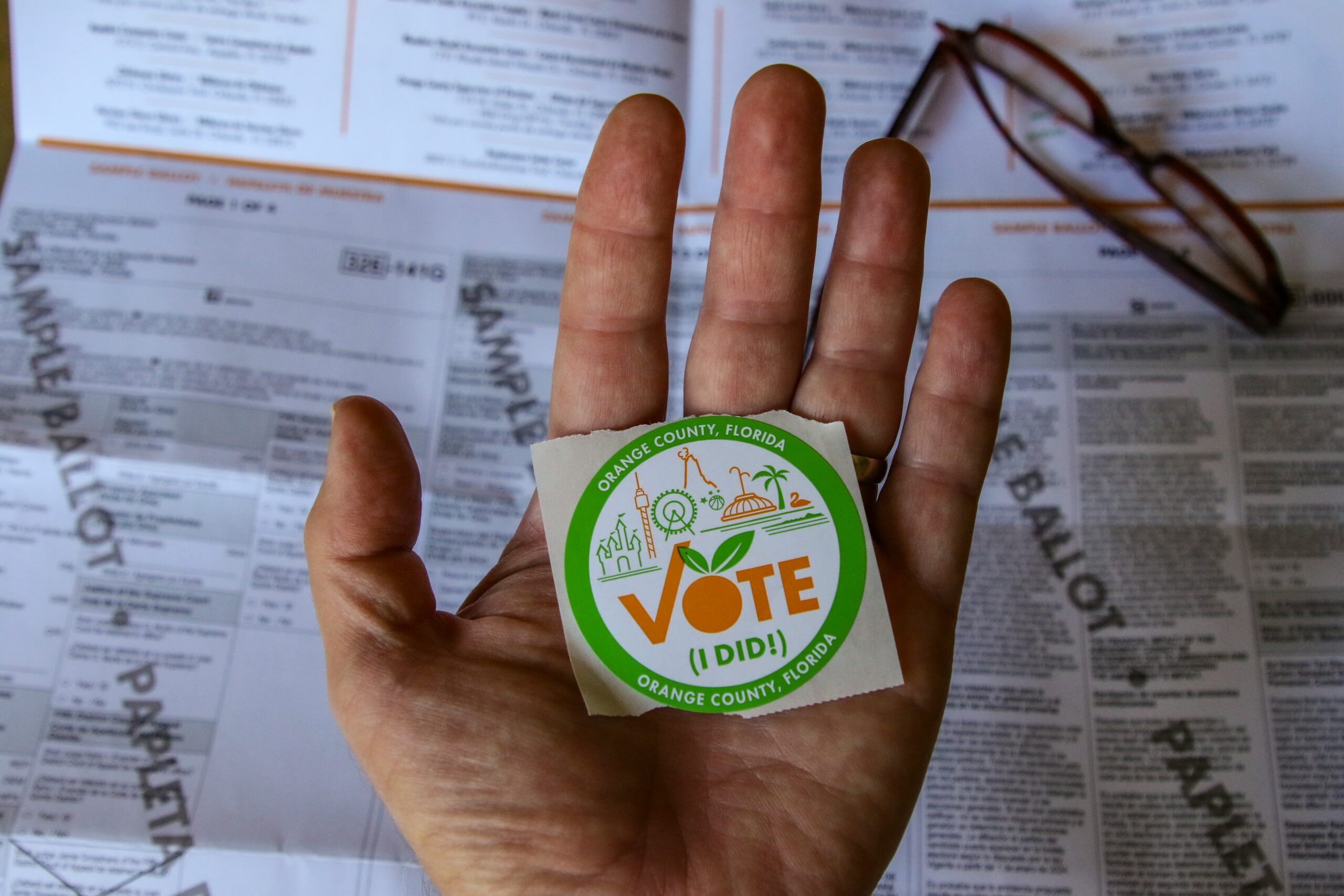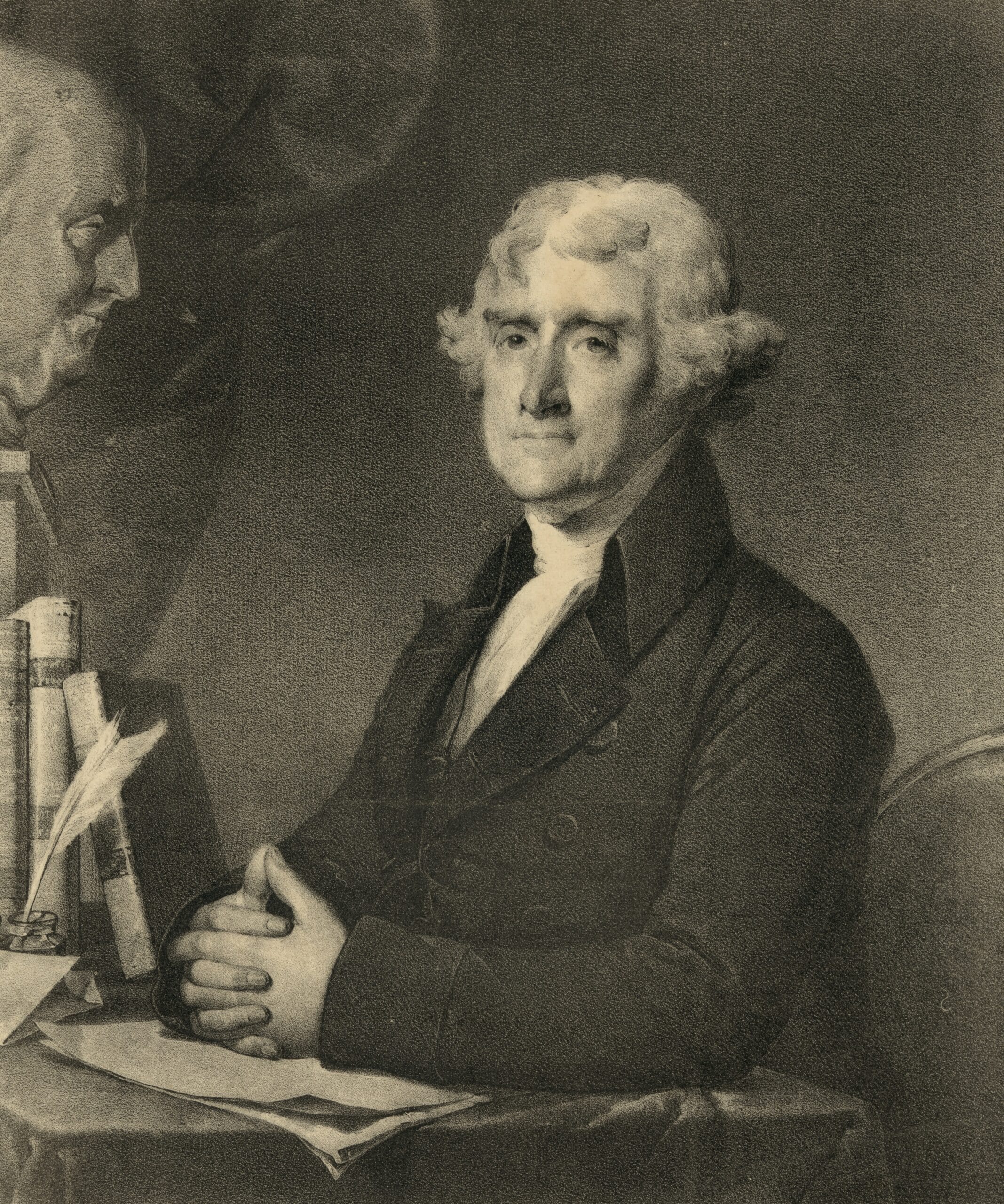
Introduction to the Libertarian Party
The Libertarian Party (LP) is a political organization in the United States that was founded in 1971, aiming to promote libertarian ideals such as individual freedom, personal responsibility, and limited government. It emerged as a response to growing discontent with the two-party system, seeking to provide an alternative for citizens who prioritize civil liberties and non-interventionist policies. The founding of the LP can be traced to a group of activists who believed that the government was increasingly encroaching on the personal freedoms of individuals, and they sought to create a party that would champion a non-intrusive government perspective.
At the core of the Libertarian Party’s principles is a staunch belief in civil liberties. This includes advocating for personal privacy, freedom of expression, and the right to make choices concerning one’s own life as long as they do not harm others. Furthermore, the LP promotes a non-interventionist approach to foreign policy, opposing military engagements that do not serve the direct interests of the United States or its citizens. This principle reflects a commitment to peace and diplomacy rather than aggression or war.
More informationUnderstanding American Libertarianism: Ideology, Relationships, and Cultural ImpactAnother significant tenet of the Libertarian Party is the call for limited government. The LP argues for a substantial reduction in government spending, taxation, and regulation. Its members contend that a smaller government allows for greater economic freedom and prosperity, as individuals and businesses are empowered to make decisions with minimal interference from the state. This philosophy resonates with a significant portion of the American populace who feel that government overreach has stifled personal liberties and economic opportunities.
In the contemporary American political landscape, the Libertarian Party serves as an essential voice advocating for policies that emphasize freedom and autonomy. By articulating positions that uphold personal choice and express skepticism toward governmental authority, the LP continues to challenge conventional political norms and offers a distinct alternative for voters seeking to align with its principles.
Core Beliefs of the Libertarian Party
The Libertarian Party (LP) is grounded in several core beliefs that distinguish it from other major political parties in the United States. At its foundation, the party emphasizes the importance of individual rights and personal freedom, viewing these as inherent and inalienable. Libertarians argue that every individual should have the autonomy to make choices about their own life, as long as those choices do not infringe upon the rights of others. This strong focus on personal liberty extends to various aspects of life, including speech, religion, and lifestyle choices.
More informationAre Libertarians Left or Right? Understanding the Libertarian Position on the Political SpectrumMoreover, the Libertarian Party espouses a commitment to free-market economics. They advocate for minimal government intervention in the economy, positing that free markets lead to the most efficient allocation of resources and promote innovation. Libertarians argue that excessive regulation stifles competition and individual initiative, ultimately hindering economic growth. In contrast to the views of major parties such as the Democrats and Republicans, who often support various degrees of state control and intervention, Libertarians seek to reduce government involvement in both economic and personal realms.
Libertarians also uphold the principle of non-aggression, meaning they believe that the initiation of force against others is morally impermissible. This ethical stance translates into their opposition to many government policies that involve coercion, such as taxation and regulation. The LP envisions a society where individuals can freely associate and trade without facing undue interference from the state. The party’s position highlights a radical departure from conventional political discourse in the U.S., where policies frequently incorporate expanded governmental authority as a means to address societal issues.
In summary, the core beliefs of the Libertarian Party center around the ideals of individual rights, personal freedom, and a robust commitment to a free market, setting it apart from the ideological platforms of other political parties in the nation.
More informationUnderstanding Libertarianism in Government: Principles and IdeologiesLeadership within the Libertarian Party
The Libertarian Party, established in 1971, has a unique structure of leadership that reflects its foundational principles of minimal government interference and individual liberty. At the helm of the party is the National Chair, a pivotal figure responsible for guiding the overall strategy and direction of the party. The National Chair is elected by party members during national conventions, and their role is crucial in unifying disparate factions within the Libertarian Party while promoting its platform across the country.
Over the decades, several influential chairpersons have significantly shaped the party’s trajectory. For instance, Harry Browne, who ran for president in 1996 and 2000, was instrumental in popularizing libertarian ideas during the 1990s, galvanizing support through his articulate communication of free-market principles and governmental restraint. His candidacy helped raise awareness of libertarian values, enhancing the party’s visibility in a predominantly two-party system.
In addition to the National Chair, other key positions within the party play vital roles in shaping policies and outreach strategies. The party’s platform is also influenced by prominent candidates who campaign for high offices. Figures such as Ron Paul and Gary Johnson have brought considerable attention to libertarian ideals, often participating in presidential debates, which allowed them to present alternative narratives on issues like taxation, foreign policy, and personal freedoms.
More informationExploring Libertarianism: Understanding the Differences and BeliefsMoreover, the leadership within the Libertarian Party is complemented by various committees focusing on specific areas such as membership growth, candidate selection, and policy development. This decentralized but organized approach allows for a diverse representation of libertarian thought, enabling the party to adapt and respond to the evolving political landscape. Through the leadership’s efforts, the Libertarian Party continues to advocate for individual rights and non-interventionist policies, striving to expand its influence within American politics.
Libertarian Party Symbols and Slogans
The Libertarian Party employs a distinct set of symbols and slogans that embody its core principles of individual liberty and limited government. One of the most recognizable symbols is the party’s logo, which features a stylized depiction of a torch, representing the light of freedom and the pursuit of knowledge. The torch has become synonymous with the Libertarian Party’s mission to illuminate the path towards a society where individuals have the autonomy to govern themselves, free from unnecessary interference.
The colors associated with the Libertarian Party, predominantly yellow and black, further amplify its message. Yellow symbolizes optimism and energy, while black conveys the idea of minimal government intervention. Together, these colors reinforce the party’s ideology, promoting a vision of a society that values personal responsibility and self-determination. The color scheme also differentiates the Libertarian Party from other political groups, allowing it to stand out in the crowded political landscape.
More informationSSW: A Small Party’s Remarkable Return to the BundestagIn addition to its visual symbols, the Libertarian Party has made effective use of slogans that encapsulate its philosophy. Phrases such as “Live and let live” and “Liberty: the only choice” reflect the party’s commitment to personal freedom and free-market principles. These slogans serve not only as rallying cries for party members but also as succinct reminders to the broader public about the importance of limiting government reach. By utilizing these slogans, the Libertarian Party seeks to resonate with individuals who may be frustrated with traditional political structures and are looking for alternatives that prioritize personal liberty.
Overall, the symbolism and messaging of the Libertarian Party are integral to its identity, fostering a clear understanding of its goals and attracting support from those who advocate for individual rights and a restrained government. Awareness of these elements can enhance the public’s grasp of the party’s overarching philosophies and initiatives.
Comparison with Other Political Parties
The Libertarian Party presents a distinct ideological stance that sets it apart from the two dominant political parties in the United States: the Democratic Party and the Republican Party. While Democrats generally advocate for a larger government role in economic regulation and social welfare, Republicans tend to favor limited government intervention with a focus on free market principles and traditional values. The Libertarian Party, in contrast, champions individual liberty and minimal government, arguing that personal freedoms should guide both social and economic policies.
More informationUnpacking the Doctrines and Beliefs of the Liberal Party Across Different CountriesIn terms of policy, the Libertarian Party strongly opposes the heavy taxation favored by both major parties, advocating instead for significantly reduced taxes or the elimination of certain taxes entirely. While Democrats may support progressive taxation to fund social programs, and Republicans often push for tax cuts aimed at businesses and affluent individuals, Libertarians criticize both approaches as infringements on personal freedom and economic choice. They argue for a flat tax system or complete elimination of income tax, promoting a more simplified tax structure.
Regarding social issues, the Libertarian Party promotes a non-interventionist stance, advocating for civil liberties that allow individuals to make personal choices free from government interference. This is in contrast to the Democratic Party, which often supports government measures to address social inequalities, and the Republican Party, which traditionally enforces conservative views on social issues. For instance, Libertarians advocate for complete drug decriminalization and marriage equality, aligning them more closely with progressive values on these matters.
Electoral strategies also differ significantly. The Libertarian Party seeks to attract voters disenchanted with the status quo offered by the two major parties. This strategy is evident in their emphasis on grassroots campaigns and a profound respect for individual rights. Unlike mainstream parties that often engage in extensive media campaigns, the Libertarian Party typically relies on an appeal to reason and principled policy alternatives, positioning itself as a viable option for those seeking an alternative to traditional politics.
More informationUnderstanding the New Democratic Party of CanadaLibertarian Party Presidential Candidates
The Libertarian Party has a rich history characterized by a range of presidential candidates who embody its core principles of individual liberty, minimal government intervention, and free markets. Since its inception in 1971, the party has nominated various candidates to run for the presidency, each aiming to broaden the party’s appeal and influence in American politics.
One of the most notable early candidates was David Koch, who ran in 1980. Koch’s campaign emphasized civil liberties and economic freedom, setting the stage for the party’s economic philosophy. However, it was not until the late 2000s that the party began to gain significant traction, largely due to the candidacy of Bob Barr in 2008. Barr, a former Republican congressman, brought high visibility to the Libertarian Party, advocating for dismantling government surveillance programs and reducing drug war expenditures.
The 2012 election saw Gary Johnson, a former governor of New Mexico, as the party’s nominee. His campaign focused on issues such as non-interventionist foreign policy, fiscal restraint, and civil liberties, resonating with a broader audience disillusioned by the two-party system. Johnson’s ability to garner nearly 1 million votes made a substantial impact, establishing the Libertarian Party as a key player in the political landscape.
More informationUnderstanding the Core Beliefs of the Libertarian PartyIn recent elections, candidates like Jill Stein and Joe Exotic have emerged, each bringing unique platforms that stimulate discussions surrounding personal freedoms and government accountability. While challenges such as ballot access and media coverage persist, these candidates continue to make strides in directing national conversations on important issues.
As the Libertarian Party seeks to increase its presence in future elections, the historical significance of its presidential candidates lays a foundation for ongoing visibility and growth, shaping the narrative surrounding libertarian principles in contemporary politics.
Member Engagement and Activism
Active participation in the Libertarian Party (LP) begins with understanding how individuals can effectively engage with its principles and initiatives. Joining the Libertarian Party is a straightforward process that typically requires completing an application form and paying a nominal membership fee. This membership not only grants access to an array of resources but also provides a platform for individuals to voice their opinions and contribute to the party’s mission of promoting individual liberty and limited government.
Once a member, individuals can participate in various grassroots movements that embody the core tenets of the LP. Grassroots activism is essential for driving the party’s agenda, as it emphasizes the importance of local engagement and direct action. Members are encouraged to join local chapters, attend meetings, and get involved in community initiatives. These efforts often include organizing voter registration drives, hosting informational events, and participating in local or state elections. Such events not only foster community engagement but also educate the public about libertarian principles.
Moreover, the Libertarian Party frequently holds membership drives and events designed to attract new members and expand its reach. These events can range from social gatherings to educational seminars, all of which aim to galvanize interest in libertarian philosophies among a broader audience. Participating in these initiatives offers members a chance to network with like-minded individuals and build a stronger community of activists.
In conclusion, becoming an active member of the Libertarian Party involves not only joining but also engaging in various initiatives that promote its principles. By participating in grassroots movements and helping organize membership drives and events, individuals contribute to the greater mission of advancing liberty while making substantial impacts in their communities.
Libertarian Party’s Impact on American Politics
The Libertarian Party (LP), established in 1971, has played a notable role in shaping American political discourse, particularly in the context of individual liberty and government intervention. Over the years, it has positioned itself as a significant alternative to the traditional two-party system. While the LP has not secured any major state or federal offices, it has nevertheless influenced key policy debates and electoral outcomes, particularly in close races where its candidates draw votes away from the Republican and Democratic parties.
Historically, the LP has advocated for policies such as reduced government spending, personal privacy rights, and the decriminalization of drugs. These positions have forced mainstream political parties to address issues that might otherwise have gone unexamined. For example, the LP’s strong stance on civil liberties has prompted greater scrutiny of government surveillance programs and has contributed to broader discussions about individual rights versus state control. Additionally, the party’s emphasis on free markets and minimal regulation has often served as a counterbalance to more interventionist economic policies proposed by both major parties.
Moreover, the Libertarian Party has fostered broader dialogue on government overreach and personal freedoms, thus contributing to the rise of movements advocating for less government intervention. In conclusion, while the LP may not hold substantial political power, its impact on American politics remains significant, prompting reevaluations of policy debates and electoral strategies across the political spectrum.
Future of the Libertarian Party
As the political landscape continues to evolve, the Libertarian Party (LP) finds itself at a pivotal juncture, necessitating an examination of potential future directions, challenges, and opportunities for growth. The party’s commitment to individual liberties and limited government resonates with a growing segment of disillusioned voters, particularly as traditional political structures exhibit increasing polarization. This environment presents both a challenge and an opportunity for the LP to position itself as a viable alternative.
Current trends indicate a rising awareness and interest in libertarian principles among the electorate. Many voters, especially younger demographics, are drawn to the LP’s stances on issues such as personal freedom, civil liberties, and fiscal responsibility. This growing interest may be driven by a desire for alternatives to the status quo, prompting the LP to invest in outreach efforts aimed at educating voters about libertarian policies. Additionally, social issues such as criminal justice reform and drug legalization align closely with LP principles and may further capture the attention of progressive voters seeking pragmatic solutions.
However, the Libertarian Party faces significant challenges in overcoming electoral obstacles. The two-party system in the United States remains a formidable barrier to third-party success, often marginalizing alternative political platforms during major elections. To combat this, the LP may need to craft strategic alliances with other like-minded organizations or individuals to create coalitions that emphasize common goals.
Moreover, as national issues continually transform, the LP has an opportunity to adapt its message to remain relevant. Engaging in grassroots movements and leveraging social media will be crucial in communicating its principles effectively. Thus, as societal attitudes shift, the Libertarian Party has the potential to evolve alongside these changes, ensuring its principles remain salient in a dynamic political environment.








